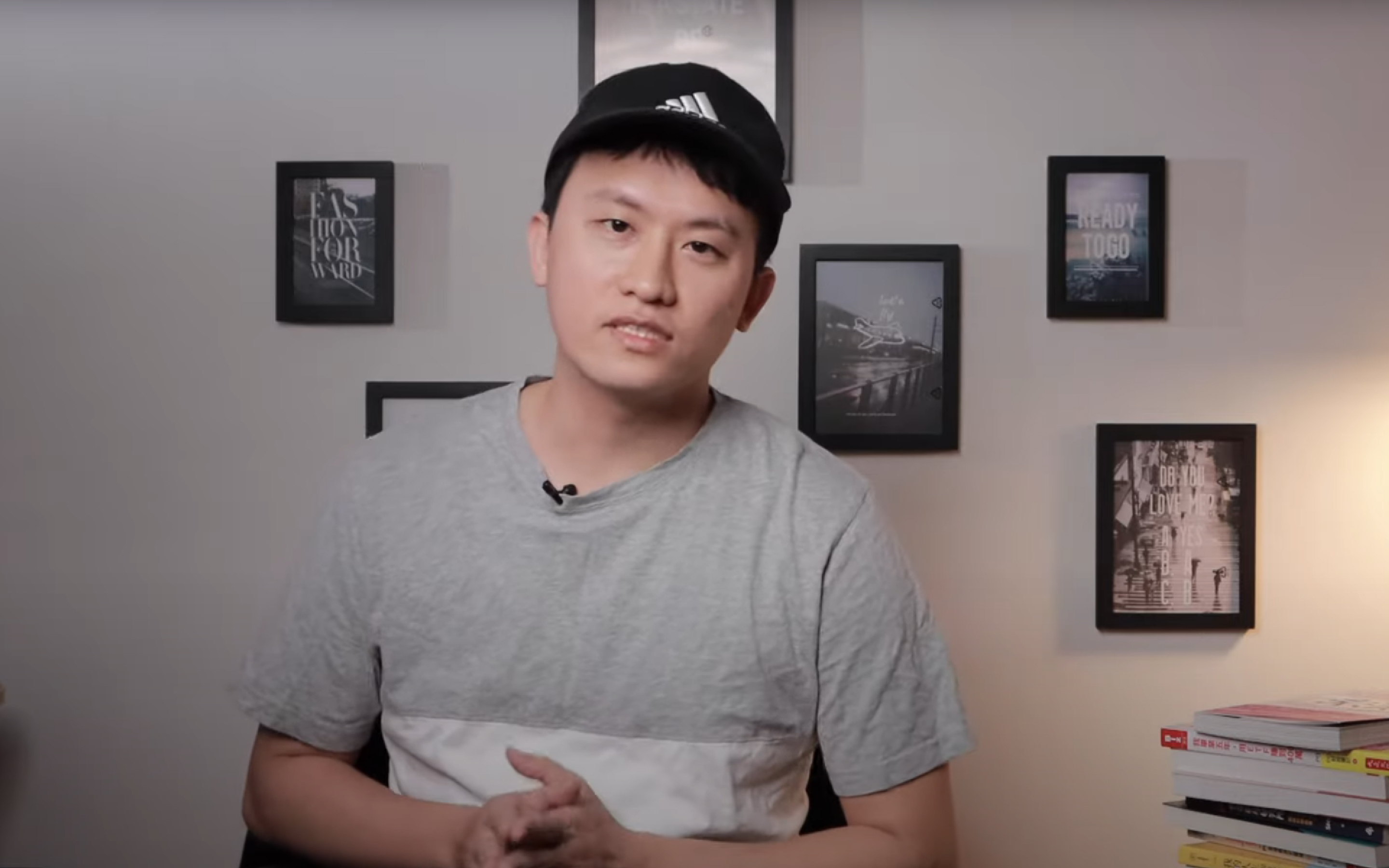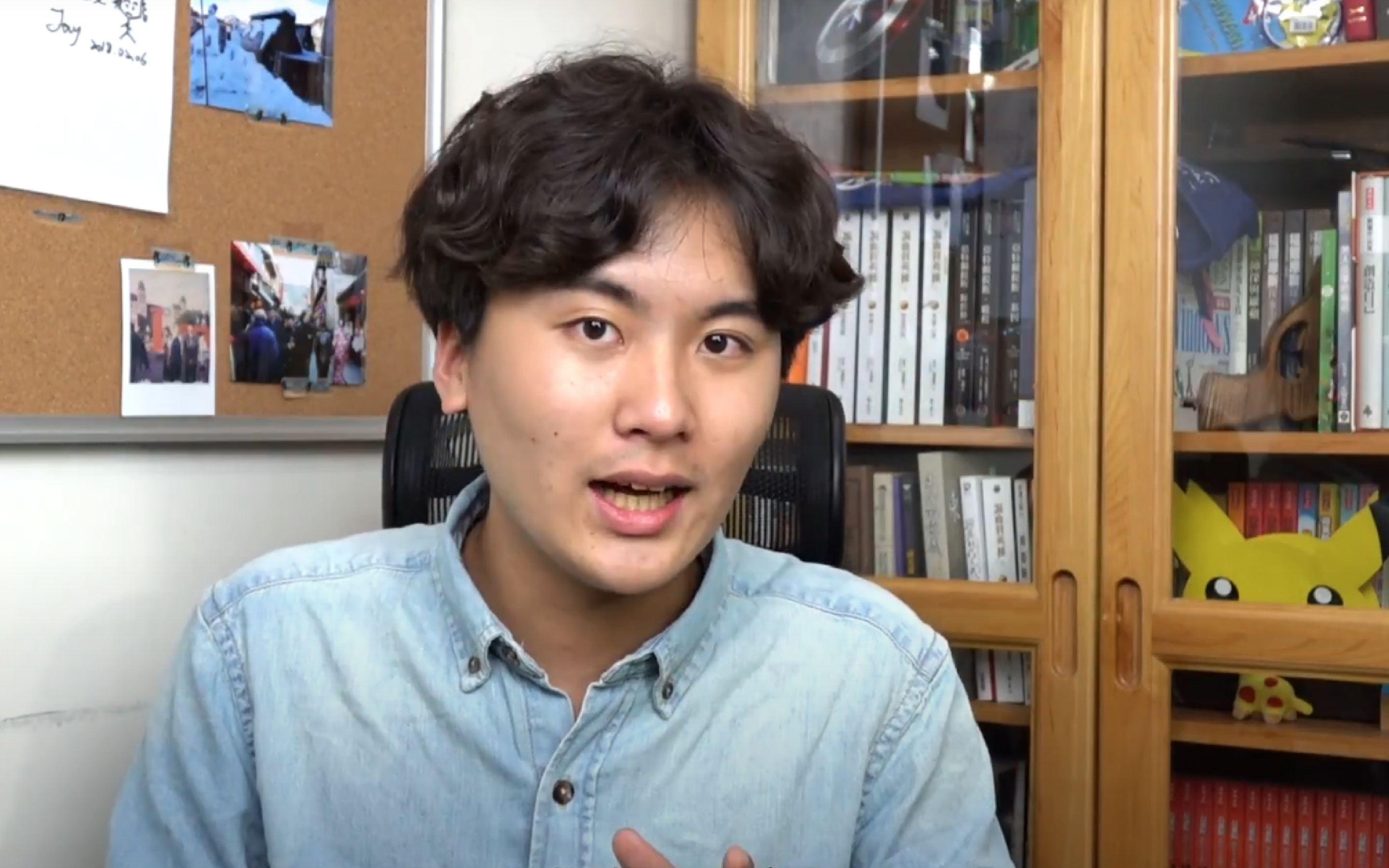Unit 5 Psychology of Audience
A number of psychological theories are particularly useful in understanding what may influence the manner in which an audience receives and responds to your persuasive arguments. A thorough understanding of these theories and their application can give you "an edge" when it comes to persuading an audience to your way of thinking.
This unit will help you analyse contentious issues in greater depth by gaining an understanding of underlying personal and sociological factors which give rise to disputes. Your arguments can then be crafted in a manner that incorporates these theories and will likely lead to greater acceptance on the part of your audience. Some of these theories are the theory of Cognitive Dissonance, Maslow's Hierarchy of Needs, Milton Rokeach's Human Values, and Theory of Reasoned Action.
REAL LIFE EXAMPLE VIDEOS
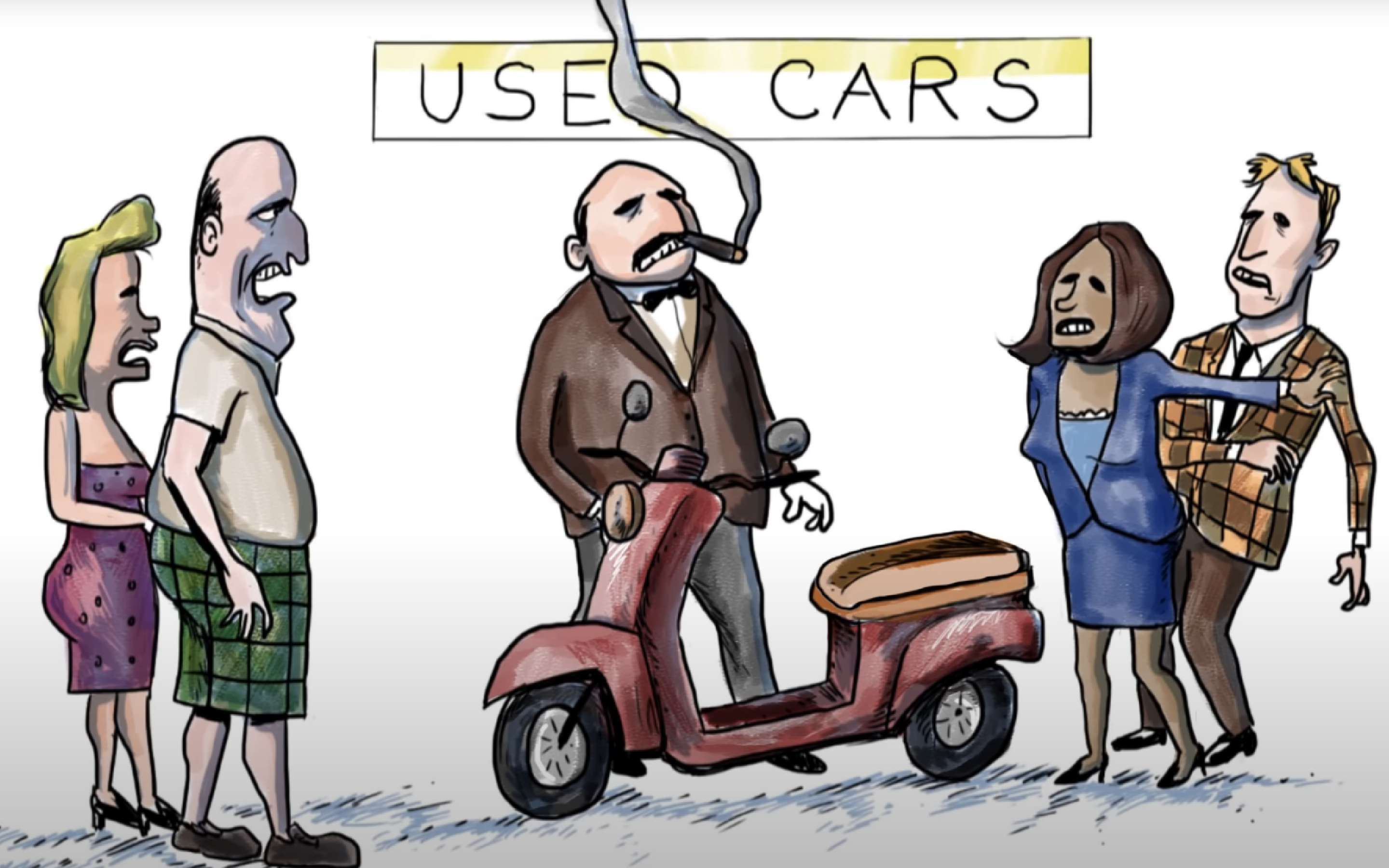
Cognitive Dissonance
Concepts Unwrapped
"Cognitive dissonance is the psychological discomfort that we feel when our minds entertain two contradictory concepts at the same time."

A Lesson In Cognitive Dissonance
Dr. Philip Zimbardo
"Dr. Philip Zimbardo walks us though a lesson in Cognitive Dissonance. Dr. Leon Festinger's theory shows us the precursor to Justification of Effort."
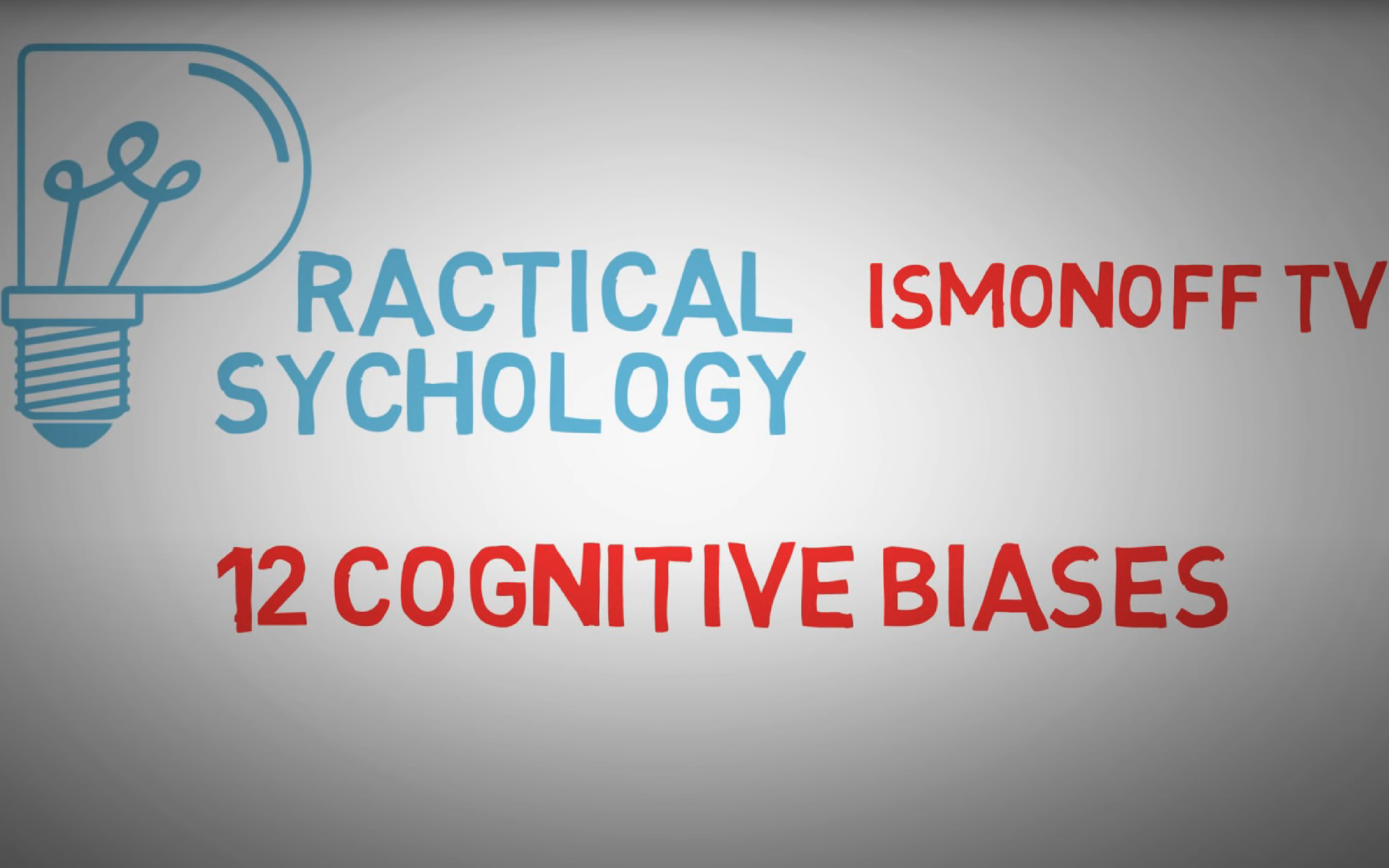
12 Cognitive Biases Explained - How to Think Better and More Logically Removing Bias
Practical Psychology
"We are going to be explaining 12 cognitive biases in this video and presenting them in a format that you can easily understand to help you make better decision in your life. Cognitive biases are flaws in logical thinking that clear the path to bad decisions, so learning about these ideas can reduce errors in your thought process, leading to a more successful life. These biases are very closely related to logical fallacies, which may help you win an argument or present information better."
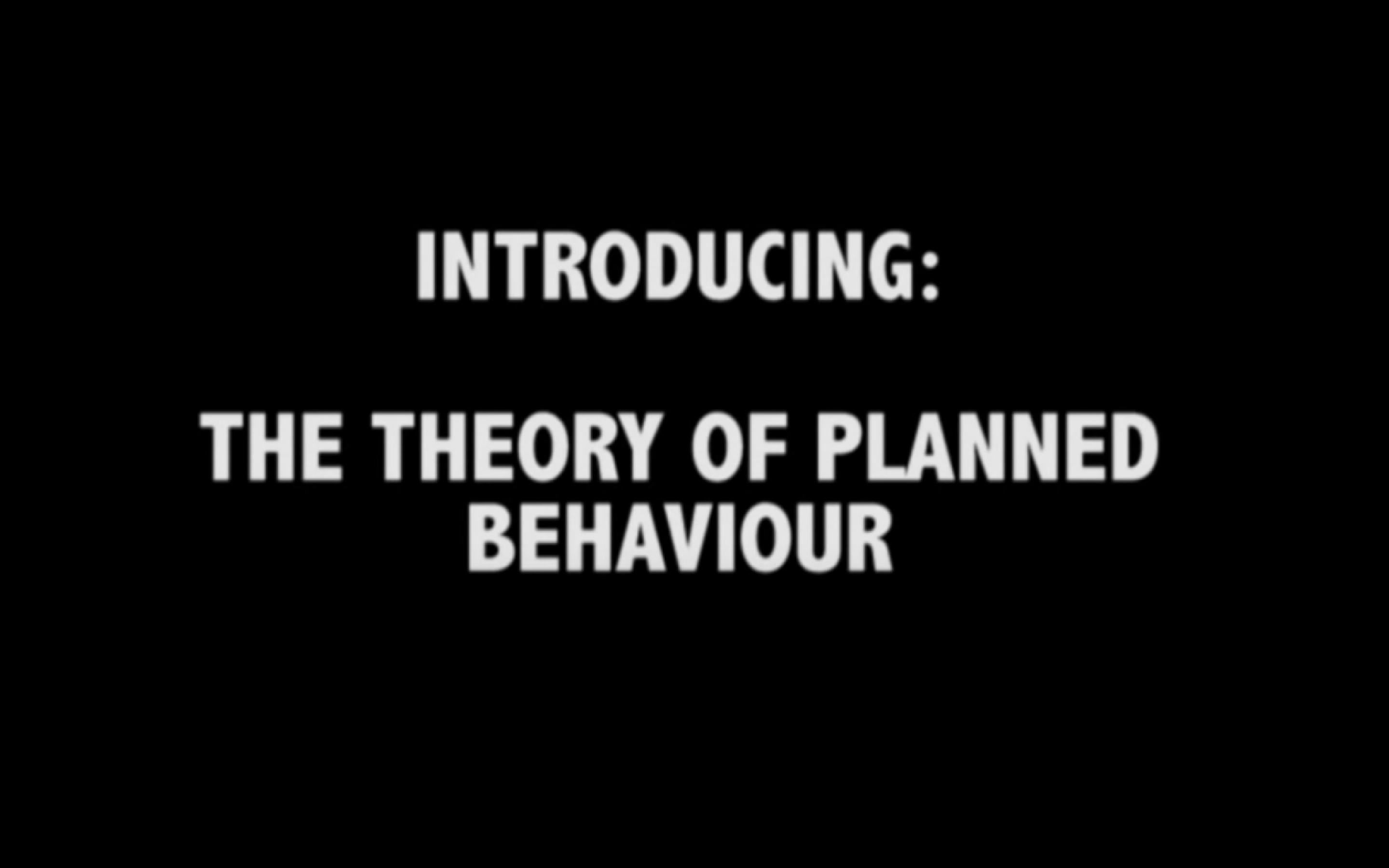
Introduction to the Theory of Planned Behaviour
Nathan Smith
"An ePresentation that introduces the theory of planned behaviour with a focus on the three predictors of intentions."
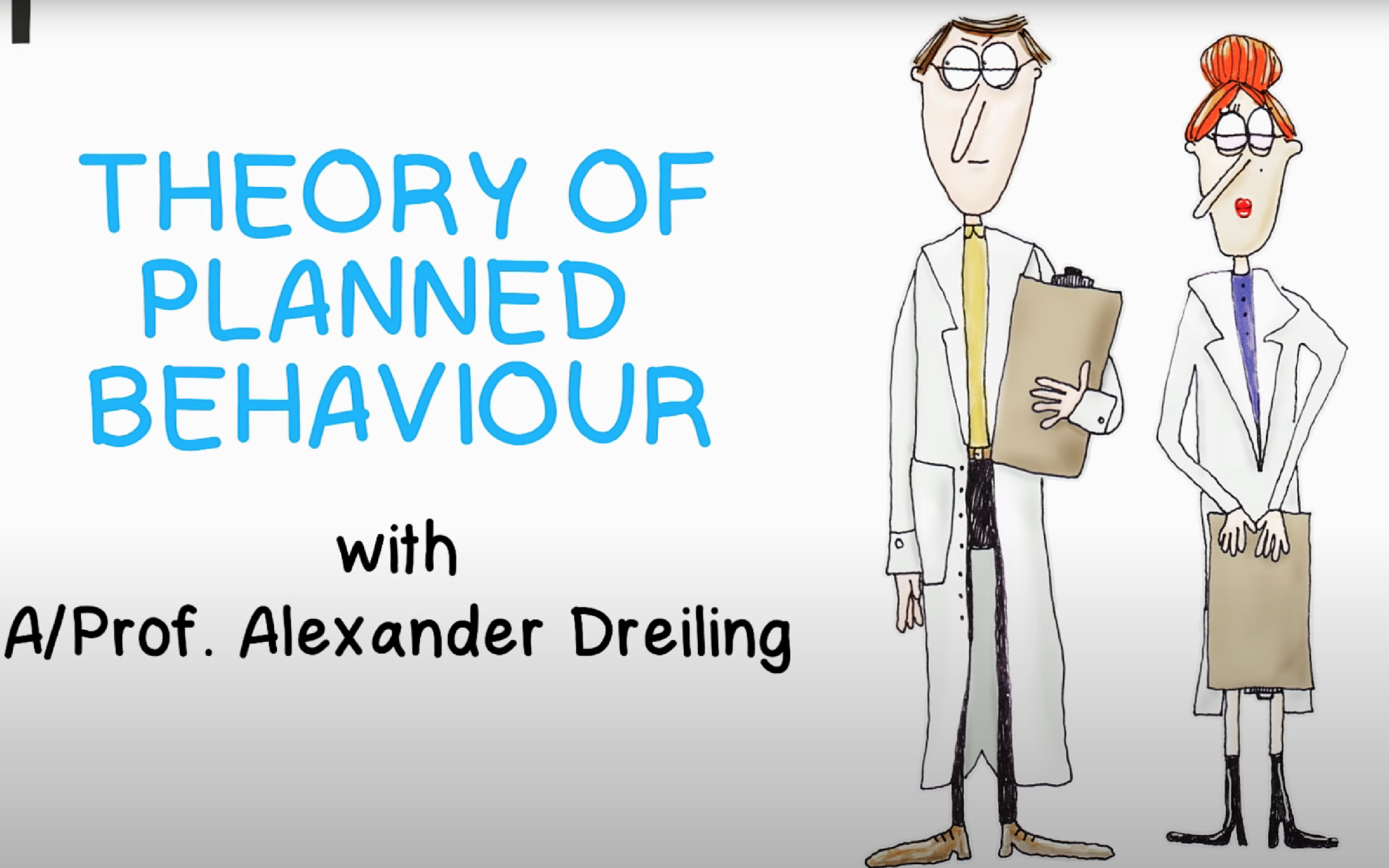
Theory of Planned Behaviour
QUT IFB101
"The Theory of Planned Behaviour is built out of a number of constructs. The first construct is the attitude towards the act or behaviour. That is, an individual's belief of whether a certain behaviour or act makes a positive or negative contribution to that person's life."
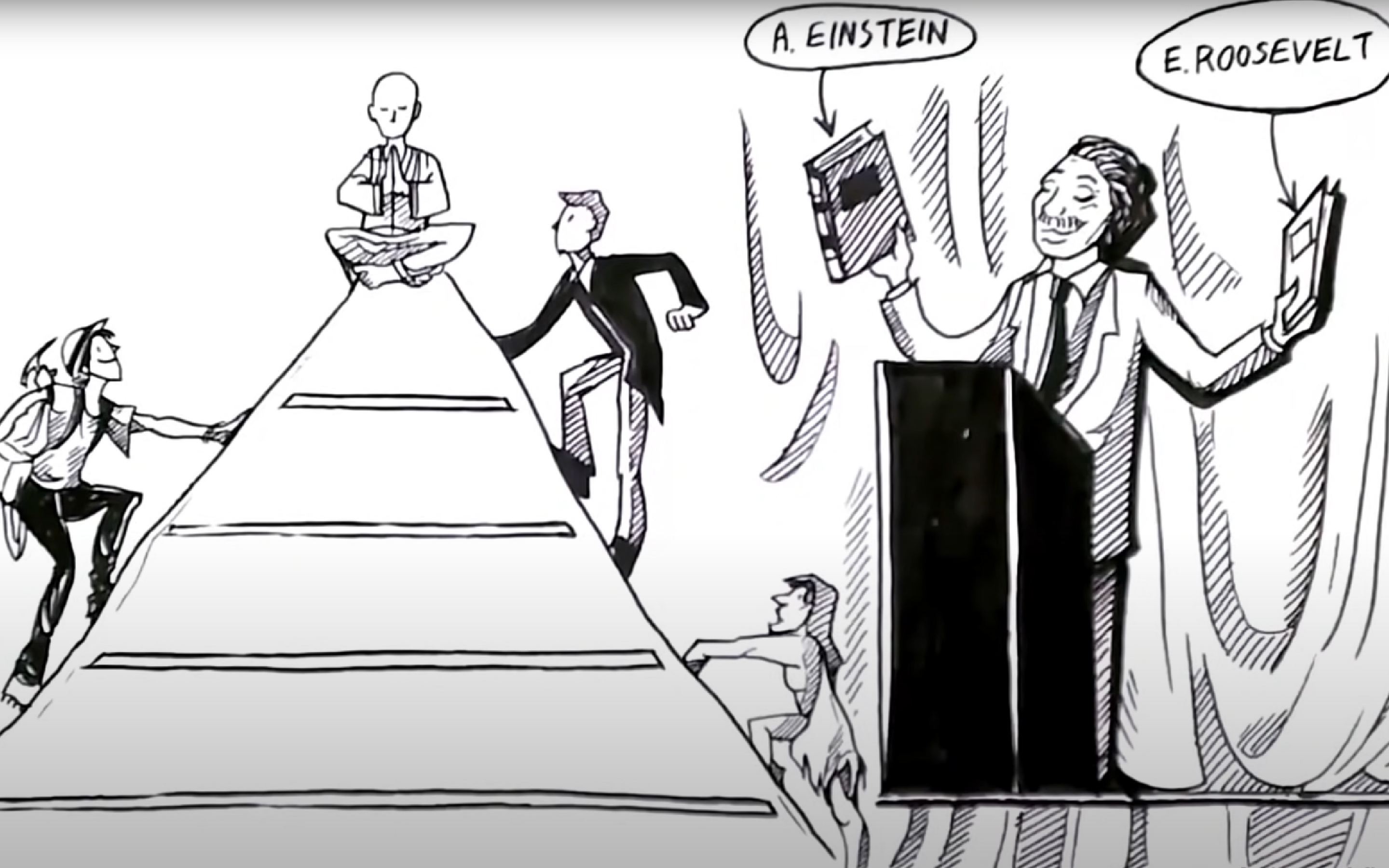
Maslow's Hierarchy of Needs
Sprouts
"Maslow's Hierarchy of Needs is a theory in psychology. It argues that there are five stages of human needs that motivate our behavior."

Maslow's Hierarchy of Needs - What motivates us?
Durcere Globle Business Schools
"Abraham Maslow strived to answer that question in his 1943 paper "A Theory of Human Motivation". He studied accomplished individuals like Albert Einstein, Eleanor Roosevelt, Jane Addams and Fredrick Douglas and formed a model known as Maslow's Hierarchy of Needs."
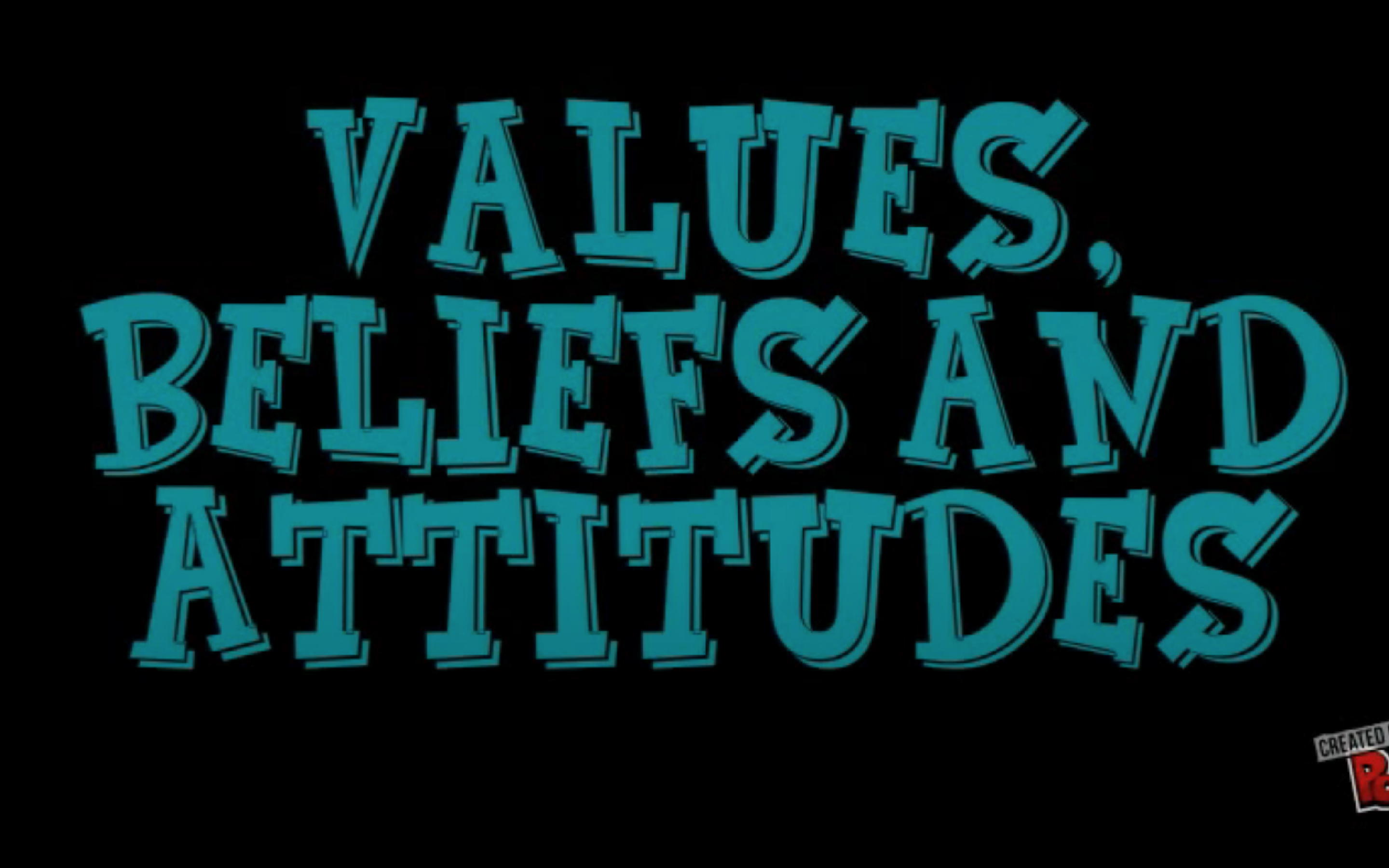
Values, Beliefs, and Attitudes
Tjunction
"Provides definitions and examples for the concepts of values, beliefs and attitudes."

馬斯洛需求层次金字塔
亮思維
"馬斯洛需求层次理论是由马斯洛於1943年所提出,至今被广泛使用在社會學, 管理培训以及教育心理學中。这个理论被分为五个阶段, 即是生理需求,安全需求, 爱与归属的需求, 尊严的需求以及自我实现的需求。 这五个需求都起到了激励效果推动人们不断进步。當某个阶段的需求获得滿足時,這个需求就不再成為激勵因素,这时人们就会开始迈向另一个阶段。 每个阶段都有它不同的激励机制。"
